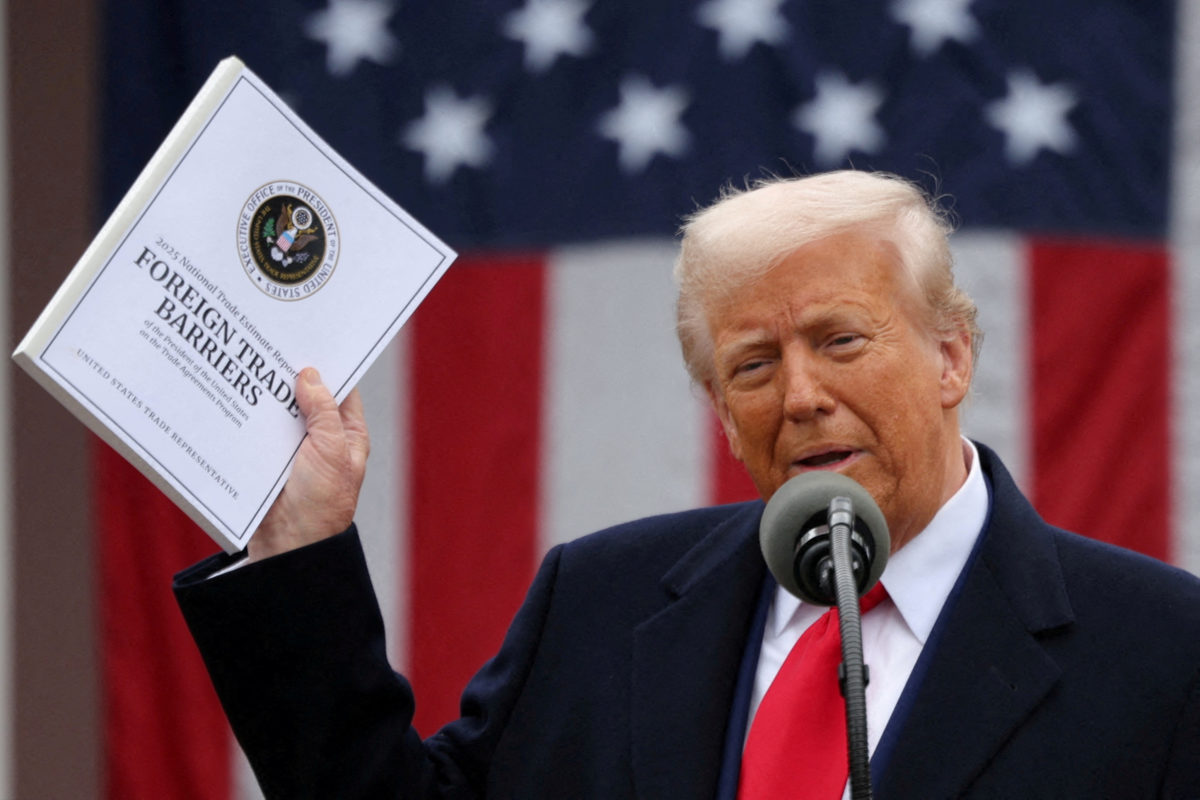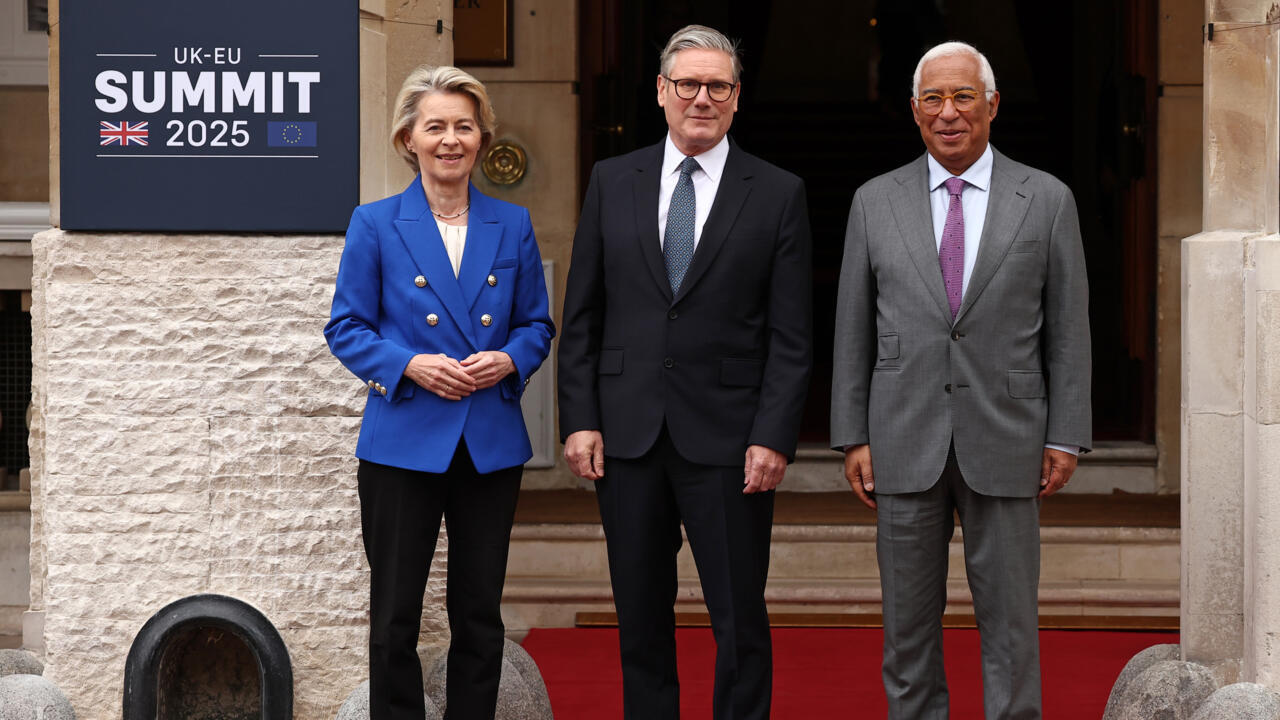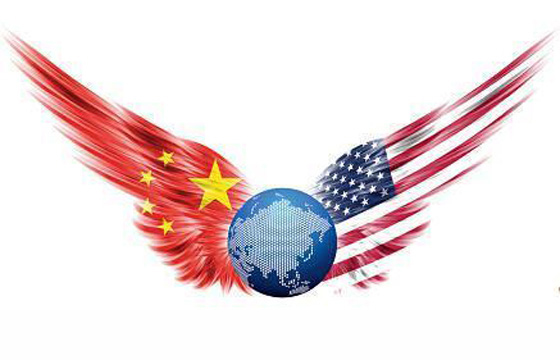
Brian Wong, Assistant Professor in Philosophy and Fellow at Centre on Contemporary China and the World, HKU and Rhodes Scholar
Jul 04, 2025
Global trade is evolving, not ending, as structural limits on U.S. protectionism and the rise of regional agreements beyond U.S. influence sustain economic integration. While the U.S. remains the dominant power, the U.S.-centric trade regime is gradually declining.

Zhang Yun, Professor, School of International Relations, Nanjing University
May 30, 2025
After reaching a consensus in their tariff negotiations in Geneva, China and the United States have significantly reduced their duties on each other. This has awakened countries around the world and inspired them to launch a new wave of regional integration.

Lucio Blanco Pitlo III, President of Philippine Association for Chinese Studies, and Research Fellow at Asia-Pacific Pathways to Progress Foundation
Apr 22, 2025
For many nations, a highly profitable trade relationship with the United States is now no longer a given. With President Trump’s tariff agenda looming over the world, how is Asia planning for a future where the U.S. may not be so open for business?
Lucio Blanco Pitlo III, President of Philippine Association for Chinese Studies, and Research Fellow at Asia-Pacific Pathways to Progress Foundation
Nov 29, 2024
The Regional Comprehensive Economic Partnership (RCEP), the world’s largest trade pact, integrates 15 diverse economies to revitalize globalization, enhance trade rules, and bolster ASEAN’s centrality in regional trade. Amid U.S.-China tensions, RCEP offers opportunities for supply chain shifts and industrial upgrades while positioning China to deepen ties with developing regions through initiatives like the Belt and Road.

Bala Ramasamy, Professor of Economics and Associate Dean and Director of the Global EMBA Programme, China Europe International School in Shanghai
Matthew Yeung, Associate Professor at Lee Shau Kee School of Business and Administration, Hong Kong Metropolitan University
Apr 17, 2023
The shift of the US policy from engaging China to containing China can be traced back to the Obama administration and his pivot to Asia strategy in 2009.
Sajjad Ashraf, Former Adjunct Professor, National University of Singapore
Jan 31, 2023
Australia’s alignment to the West and its trade barriers with China has entrenched tensions between the two Asian countries.
Sajjad Ashraf, Former Adjunct Professor, National University of Singapore
Dec 02, 2022
ASEAN toes a delicate balancing act between China and the United States, and the latest ASEAN Summit demonstrates the complexities involved in steering clear of unnecessary tensions.
Sajjad Ashraf, Former Adjunct Professor, National University of Singapore
Jul 07, 2022
Is the U.S. ready to meaningfully engage with the Asia-Pacific region? Their latest offering comes in the form of the IPEF, and the differences between the U.S.-led trade pact and competing ones led by Asian powers will show whether American leadership has brought enough to the table.
Wu Zhenglong, Senior Research Fellow, China Foundation for International Studies
Jun 15, 2022
Six factors suggest that the IPEF will not succeed: meager benefits for developing economies, new and unpopular commitments, disproportionate benefits for the U.S., vague negotiating plans, uncertainty of the framework’s survival under a new American administration and skepticism by U.S. allies.
Richard Weitz, Senior Fellow, Hudson Institute
Jun 14, 2022
The Biden administration is prioritizing its foreign policy strategy in Asia by extensive outreach and alliances in the region. Strategic partnerships with other countries, particularly in the Indo-Pacific , are crucial for the U.S. to keep up with China’s growth in the region.